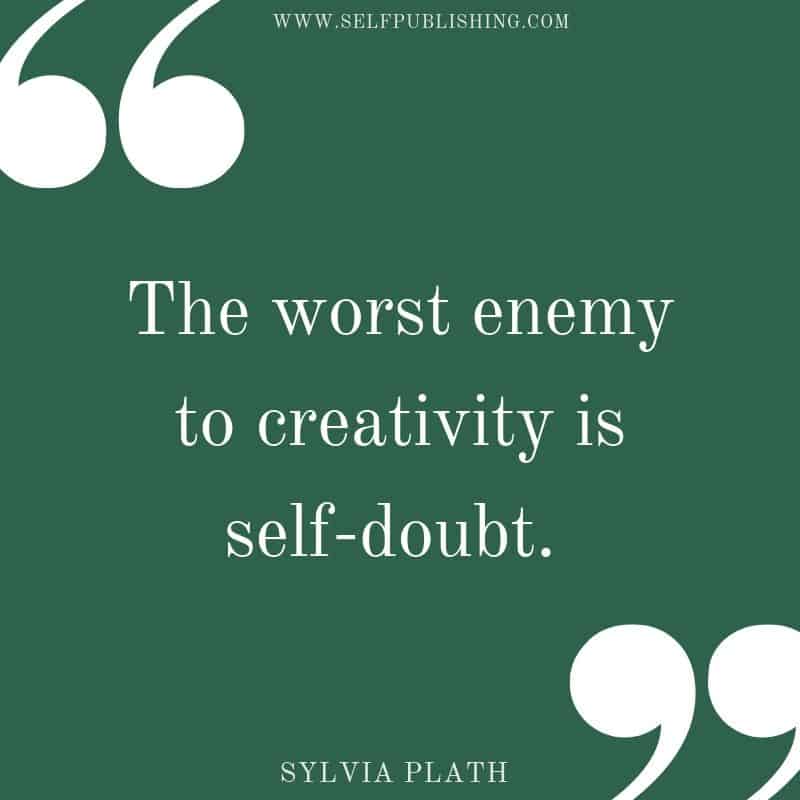
Are You A Writer Doubting Yourself? Read This
Being a writer means having imposter syndrome and doubting yourself. If you need to overcome self-doubt as a writer, this post is for you.
Trust your process. Trust your inherent knowledge of story.
Many of create an outline before writing a novel. But often, those, like battle plans, don’t survive the first skirmish. Virginia Woolf called the creativity bubbling in our minds below where our conscious minds can reach it, the primordial ooze. Others call it the lizard brain. The important thing is that it’s where your brain stirs up story and eventually lobs it into your consciousness.
It doesn’t always lob the whole thing, or it will let you get to writing and then say, ‘but wait a minute. What if you did this instead?”
And then you make a change and you find out that now your outline needs to be revised. I have friends who, when that occurs, will revise the entire outline. I have other friends who will just shrug and start pantsing the rest of the story. I tend to revise the major points of the revision, but leave the rest to come together as I write.
I can do this for two reasons. 1: I trust my process. I know that my lizard brain is putting things together and that even if I write myself into an impossible corner, I will find a solution. I have frequently put my characters in corners where I have no idea how they will get out, and then I find a resolution that works within the story and is not deus ex machina. I can keep writing because I trust that this is my process and everything will turn out.
If you don’t feel like you’ve done your process enough to have one you can trust, then you jump to reason 2: Trust your inherent knowledge of story. From practically the moment we’re born, we learn how a story functions. What a beginning looks like, a middle, and an end. What makes a good character and what makes a bad one. What makes for a gripping story and what makes for a disappointing one. We absorb story like oxygen and it becomes part of us. Because of this, as you write, your lizard brain, as well as your conscious brain, is making sure that you are hitting the necessary elements of story. Sure, it’s going to need revision, but you know in every cell of your body what a story is and you can depend on that inherent knowledge to help you create a story arc and get to a satisfying ending. You just can.
When we tell stories, our first reader is ourselves. We are the ones we want to entertain first. Therefore, we tell ourselves a good story with all its proper parts and paced well and without plotholes. It’s the only way to satisfy our hunger for a good story. You will tell a good story because you want to hear a good story.
When in doubt about your capability or whether the story is any good or if you get to the point where your inner critic is telling you that everything is crap, tell your doubts to fuck off and go back to entertaining yourself. You’ve got this. You’re a writer and writing stories is what you do.


One Comment
Francis W. Porretto
— Trust your inherent knowledge of story….as you write, your lizard brain, as well as your conscious brain, is making sure that you are hitting the necessary elements of story. —
There is much wisdom here. Planning documents need not be straitjackets. Indeed, they must not be. They’re most useful as instruments with which to discover and understand necessary changes.
The adjustment of one’s attitude toward planning is the critical step. Sure, go ahead and plan. But if you find yourself needing to depart from the plan, do it — and if possible, annotate that point in your plan with your reasons for diverging. When you’ve finished, return and reread your plan. You’ll discover new things about your own internal process and your “story-sense.” It’s a marvelous technique for self-education.